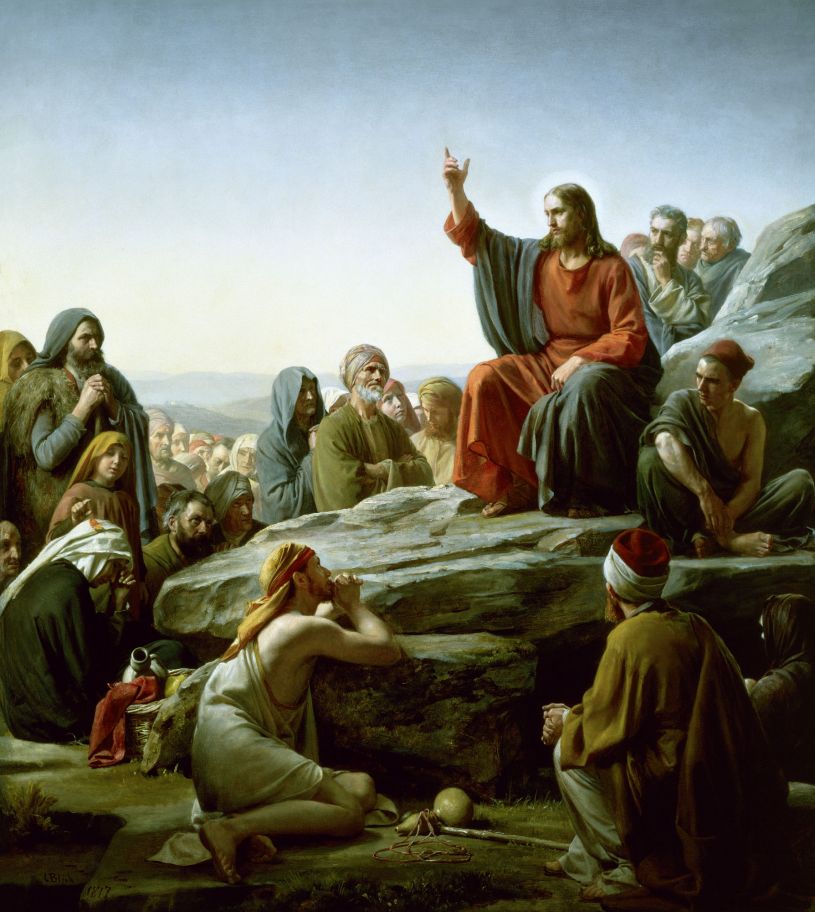 |
| The first vision by Walter Rane |
The word “cry” is perhaps the most common phrase found in connection with the word prayer in the scriptures. There are numerous examples of crying unto the Lord for His help and guidance. In fact, the word cry is often used instead of the word prayer to show an even greater level of sincerity. Thus, one of the ways in which to increase the power of our prayers is to learn how to “cry” unto to the Lord.
In the
1828 Webster’s Dictionary the word cry means: “To utter a loud voice; to speak, call or exclaim with vehemence; in a very general sense. To call importunately; to utter a loud voice, by way of earnest request of prayer.” Notice how each of these definition includes the aspect of vocally imploring unto the Lord. To better understand the reason that vocal imploring is so powerful let us observe several examples found in the scriptures.
The first example of this can be seen with the experience that the young boy Joseph Smith had in the year 1820. Joseph was confused because of the many religions in the area and thus came to the determination that the only way to find truth was to ask God. With this resolve, he went to a small grove of trees in upstate New York and began to pray unto the Lord. He states that this was the first time he had vocally prayed out loud. Prior to this he had personally prayed on numerous occasions, but as a family his father was always the one to offer vocally the family prayer. Thus, on this beautiful spring day he came to the Lord to “cry” unto him that his prayer might be better heard.
“While thus pouring out his soul, anxiously desiring an answer from God, he, at length, saw a very bright and glorious light in the heavens above; which, at first, seemed to be at a considerable distance. He continued praying, while the light appeared to be gradually descending towards him; and, as it drew nearer, it increased in brightness, and magnitude, so that, by the time that it reached the tops of the trees, the whole wilderness, for some distance around, was illuminated in a most glorious and brilliant manner….It continued descending, slowly, until it rested upon the earth, and he was enveloped in the midst of it. When it first came upon him, it produced a peculiar sensation throughout his whole system; and, immediately, his mind was caught away, from the natural objects with which he was surrounded; and he was enwrapped in a heavenly vision, and saw two glorious personages, who exactly resembled each other in their features or likeness.” [
1] “One of them spake unto [him] calling [him] by name and said (pointing to the other) ‘This is my beloved Son, Hear Him.’” (
JS-H 1:17)
In answer to his prayer Joseph was told by the Lord that he should join none of the churches of his day. He was told that though they spoke of Christ and taught the Bible, they had lost many of the truths of the gospel. He was also told that the day would come when he would help to establish the true church of Christ on the earth.
We can note from his account that Joseph Smith did several things to better cry unto the Lord. First, he vocally prayed to God. Second, he poured “out his soul, anxiously desiring an answer from God.” And third, he came to God with a question (that of which church he should join). Earnestly desiring and imploring of the Lord for questions we have will help us to better receive answers to the desires of our heart.

.jpg)
